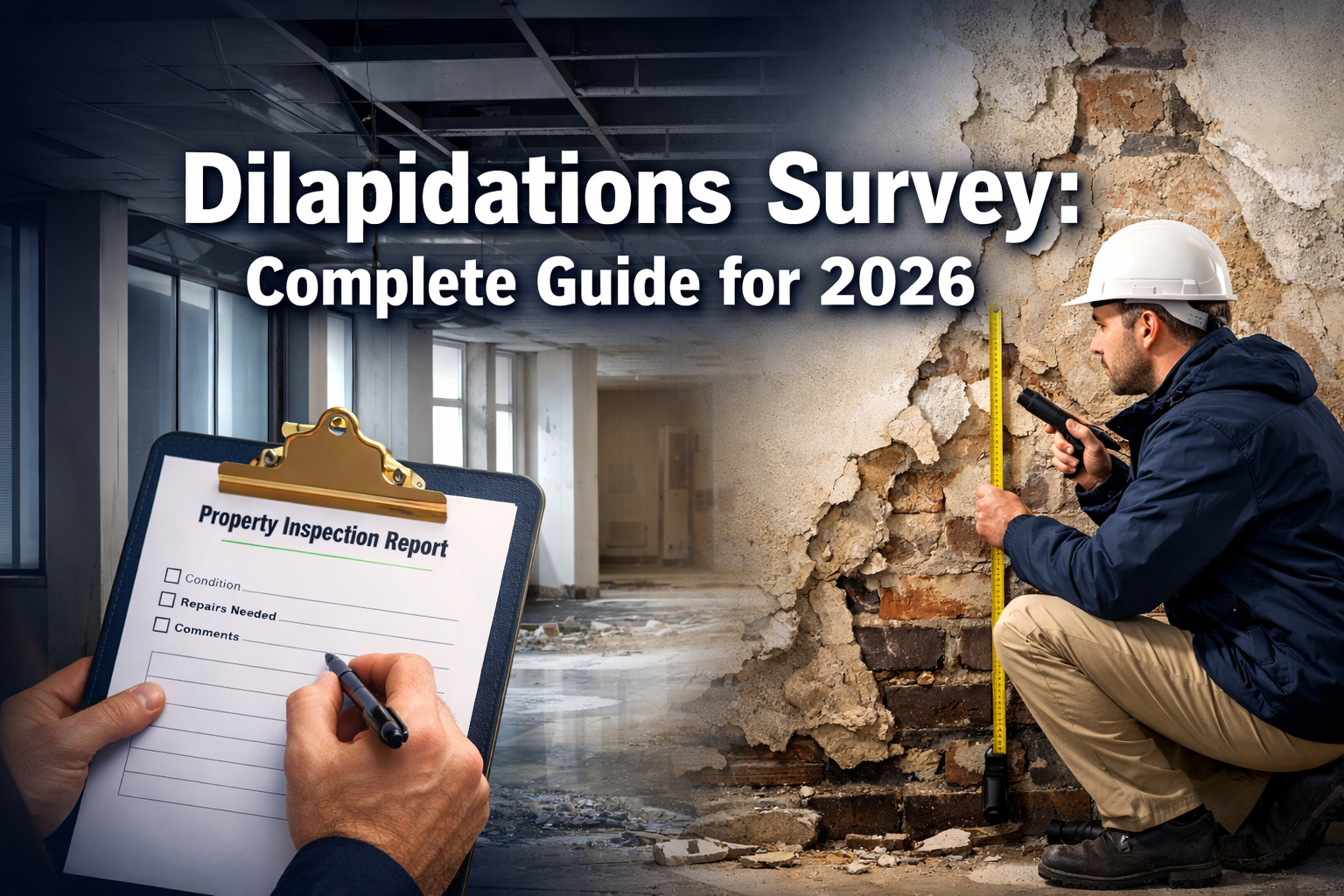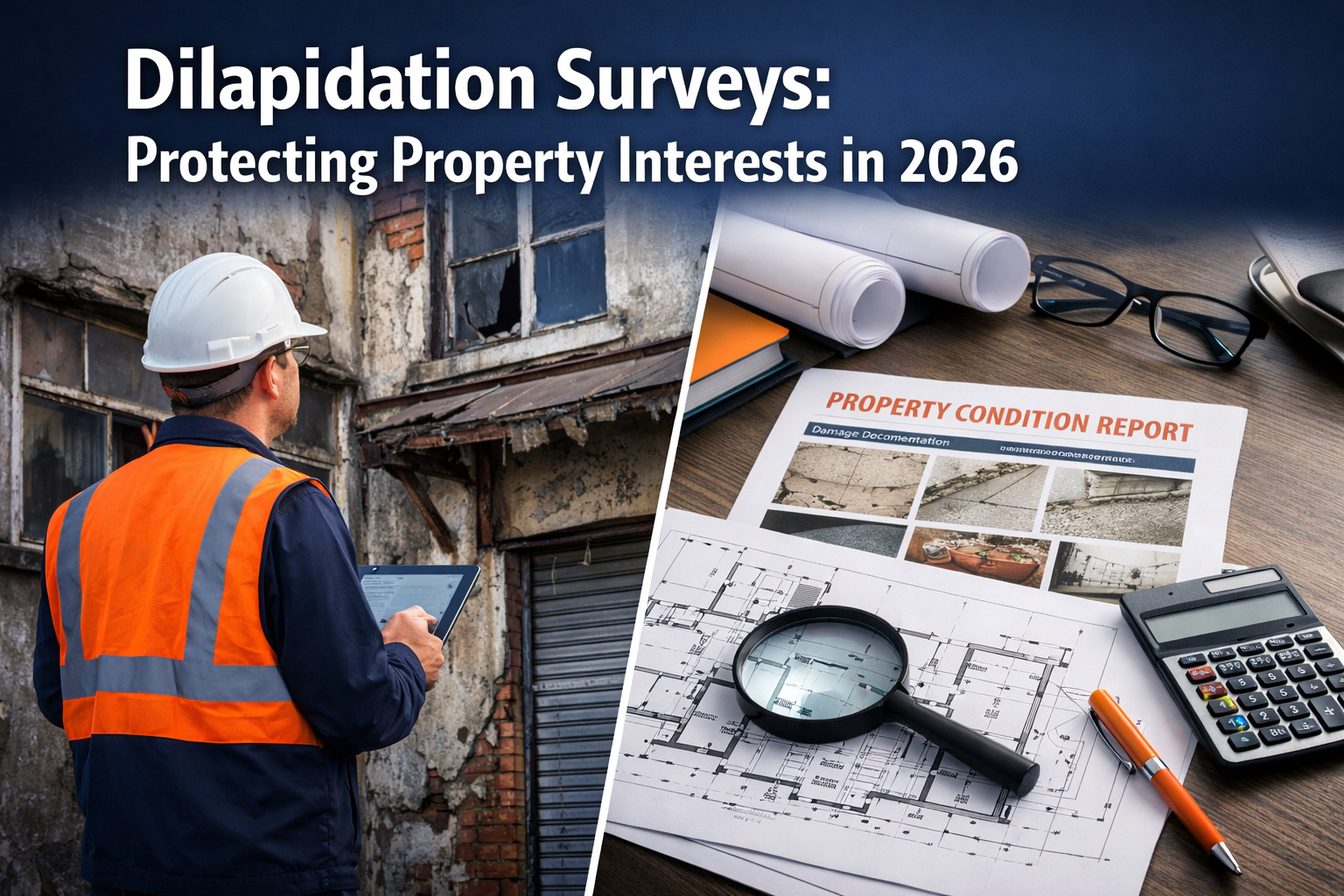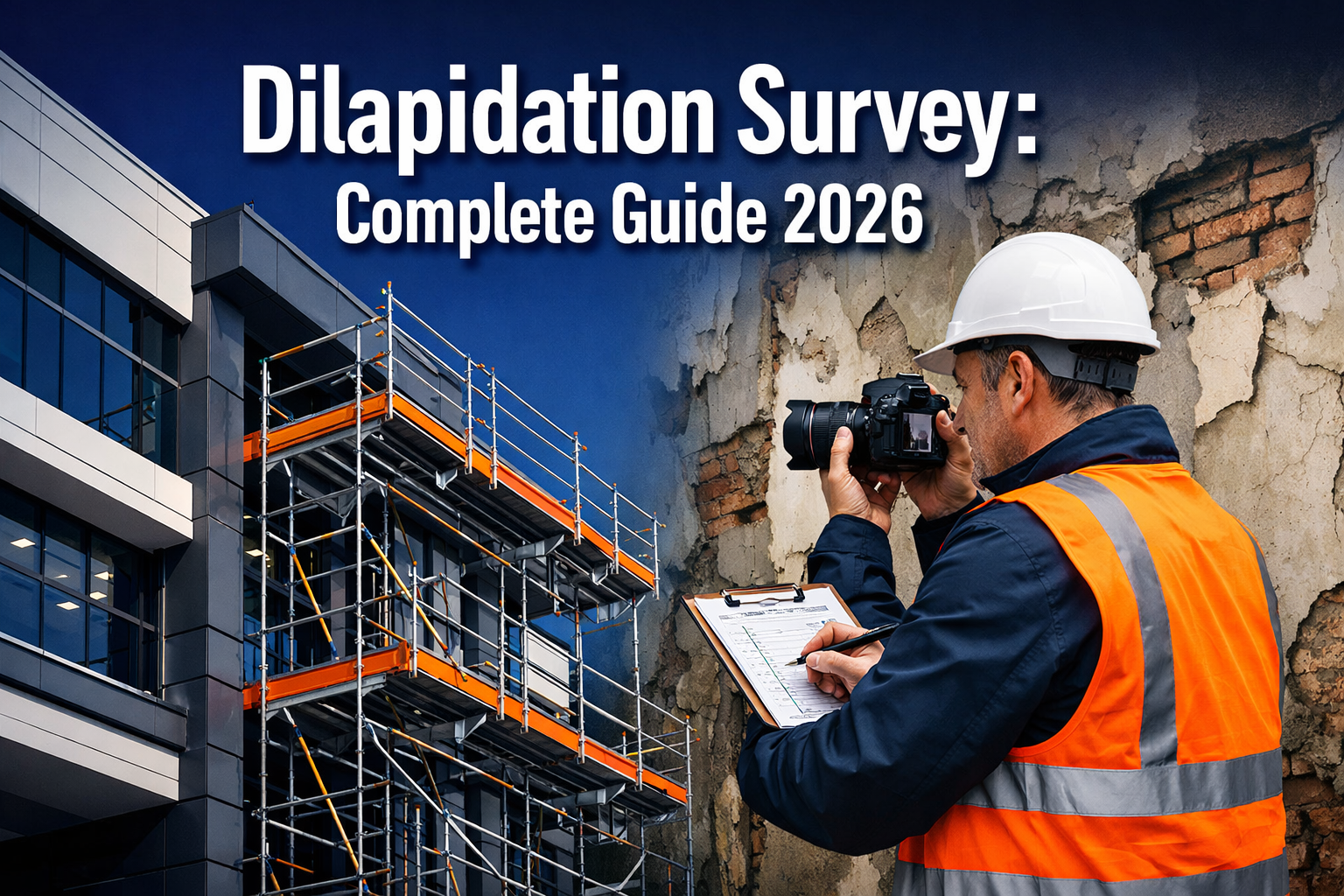Red Book Valuation
- Home
- Red Book Valuation
What’s Red Book Valuation?
The Red Book Valuation is a complicated system of parameters and processes in valuing a property under standards set by the Royal Institution of Chartered Surveyors (RICS).
At its core, the Red Book Valuation is a professional appraisal of the value of a property that considers criteria pertaining to the marketplace. It serves as a guide for investors, developers, and homeowners in the vast real estate market and its many sub-markets.
Your report offers an independent and trustworthy assessment of what a property is worth in the marketplace, helping you make important decisions when buying or selling.
Why would I need a RICS Red Book Valuation?
If you require a property appraisal for legal or tax reasons, ensure you obtain a Red Book valuation. Most property purchasers obtain a valuation alongside their building survey; it is a standard part of the process and gives the buyer a clear market value of the property in question.
Still, there are many reasons for which a person or entity might need a Red Book valuation beyond the standard homebuying scenario. For instance, they might need it for capital gains tax purposes, during probate, when handling a shared ownership situation, a divorce (for a matrimonial valuation), Self-Invested Personal Pension (SIPP), or when reviewing rent payments.
How long does a RICS Red Book Valuation last?
The valuation itself is valid for 3 months, but a surveyor can extend that for another 3 months at their discretion if they believe the value is still relevant.
How is a Market Valuation done?
A typical RICS Red Book Valuation looks like this:
- Inspection: the appraiser inspects the home to be valued and takes necessary measurements and photographs. The appraiser needs to consider any relevant planning permission; zoning ordinances; easements and deed restrictions; building regulations; and anything else which may affect the value of the property.
- Desktop Study: the surveyor collects important data on the property. This includes substantial information regarding the location, measurements, age, condition, and most critically, the price of recently sold, comparable properties in the area. The surveyor will also take into account any environmental or legal factors which might influence the property’s value.
- Analysis: the surveyor then conducts analysis on the collected data to define the property’s market value. Surveyors often use different valuation methods to do this, like the sales comparison approach, cost approach based on valuation type and purpose, and the income approach.
- Reporting: the valuer drafts a cohesive valuation report in accordance with the Royal Institution of Chartered Surveyors (RICS) Valuation – Professional Standards, known colloquially as the ‘Red Book.’ The report contains particulars about the property being valued and the valuation techniques employed. It also contains the valuer’s coherent opinion of the property value. The report specifies any and all assumptions made by the valuer, as well as those valuation conditions that limit the effective use of the valuation.
- Review: the surveyor looks over the valuation report to ensure that it aligns with the industry standard guidance. Sometimes, another surveyor looks over the document to provide an additional layer of assurance regarding the accuracy and reliability of the reported valuation amount.
Is Red Book Valuation necessary for Probate?
When an individual passes away, it is required that their entire estate be assessed to enable the executor of the estate to effect the wishes as laid out in the will. Valuation in these circumstances is most commonly required in probate.
The valuers are typically members of the Royal Institution of Chartered Surveyors and value the property upon receiving instructions from the executor.
What is the benefit of Red Book valuation?
If you obtain a Red Book valuation, you can be sure that it will be accurate and prepared to a high professional standard, in line with the Red Book and RICS standards, as carried out by an RICS Registered Valuer. Your other professionals – be they solicitors, accountants, or other trustworthy advisors – can then rely on the report in relation to your specific requirements.
a) Reliability: in the property sector, a Red Book RICS Valuation is renowned for its quality and reliability. It gives clients the assurance that the property being valued is appraised according to standards that are universally acknowledged and respected. If the surveyor giving an opinion of value is in line with an Red Book RICS Valuation, you can have confidence that the report possesses quality that is credible and consistent.
b) Clarity: this is required by the valuation standards, which call for clear and transparent communication. This means that, in order for there to be a fair and accurate assessment, you first have to rely on good assumptions, describe exactly what valuation you are conducting, and provide the rationale behind it.
c) Consistency: the Red Book ensures consistency in valuation methods, resulting in comparable and reliable valuations. It mandates the use of a “homogenised” system, because standardisation makes it easier for decision-making.
d) Compliance with the Law: ensuring that the Red Book Valuation is in line with the relevant laws and regulations is of the utmost importance. When the Red Book states that a valuation must comply with relevant accounting standards, for instance, it guarantees that you can use the valuation in a legal situation.
e) Risk Management: RICS Valuation requires a detailed assessment of the property valuation risks. There is a focus on the large-scale market, the specific legal risks that pertain to a property, and sometimes the environmental or sustainability risks that can affect it. Then, the assessors take the aforementioned into account and determine an actual value for the property for the clients to make an informed decision about whether or not to proceed and to make an effective risk management plan that they might need to manage during the life of the property.
Valuation for Divorce (Matrimonial)
A Divorce Settlement Valuation is a service that will enable you to split them appropriately in the divorce settlement. It guarantees that no matter what the terms of the settlement are, the equity is divided proportionately.
Contact us for Property Valuation Canterbury
When you get a property valuation report from a Chartered Surveyor, you can:
- grasp how accurate your agreed purchase price is
- not have to worry about purchasing an overvalued house
- negotiate the price
- know if the property is right for you and your family
However, a market valuation does not give estimates for repair costs, assessment of defects, or give recommendations for repair.
Bear in mind you are making a long-term financial commitment when you purchase a house in Canterbury, London, Bristol, Birmingham, Manchester and Cardiff. Therefore, it is key that you know the accurate value of the property you want to purchase before you put in an offer. This is exactly where we can assist you. Don’t waste your time with dubious online tools, or comparing your property with similar ones in your street. Instead, let a registered valuer give you an accurate market valuation.




